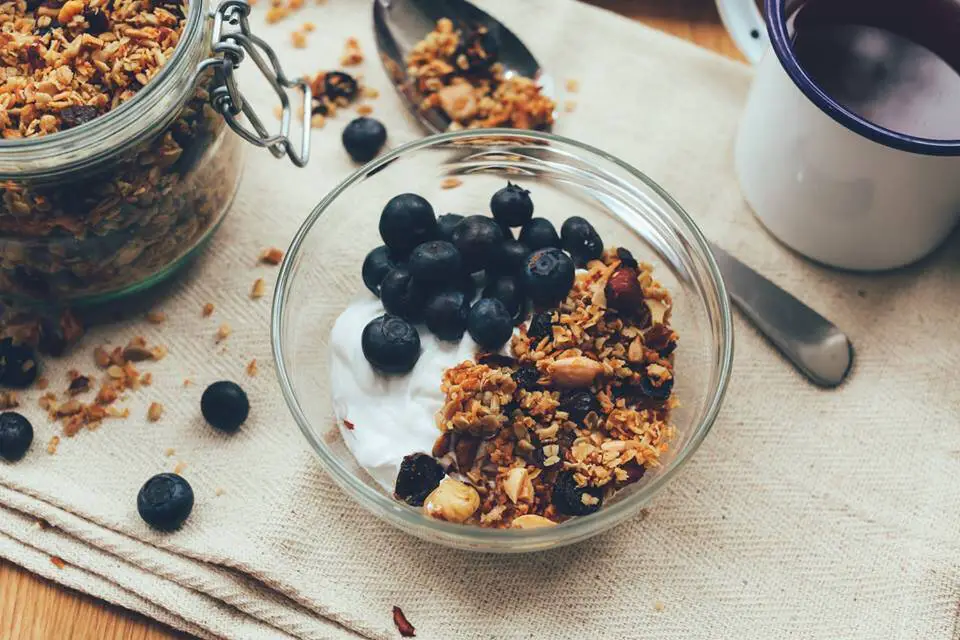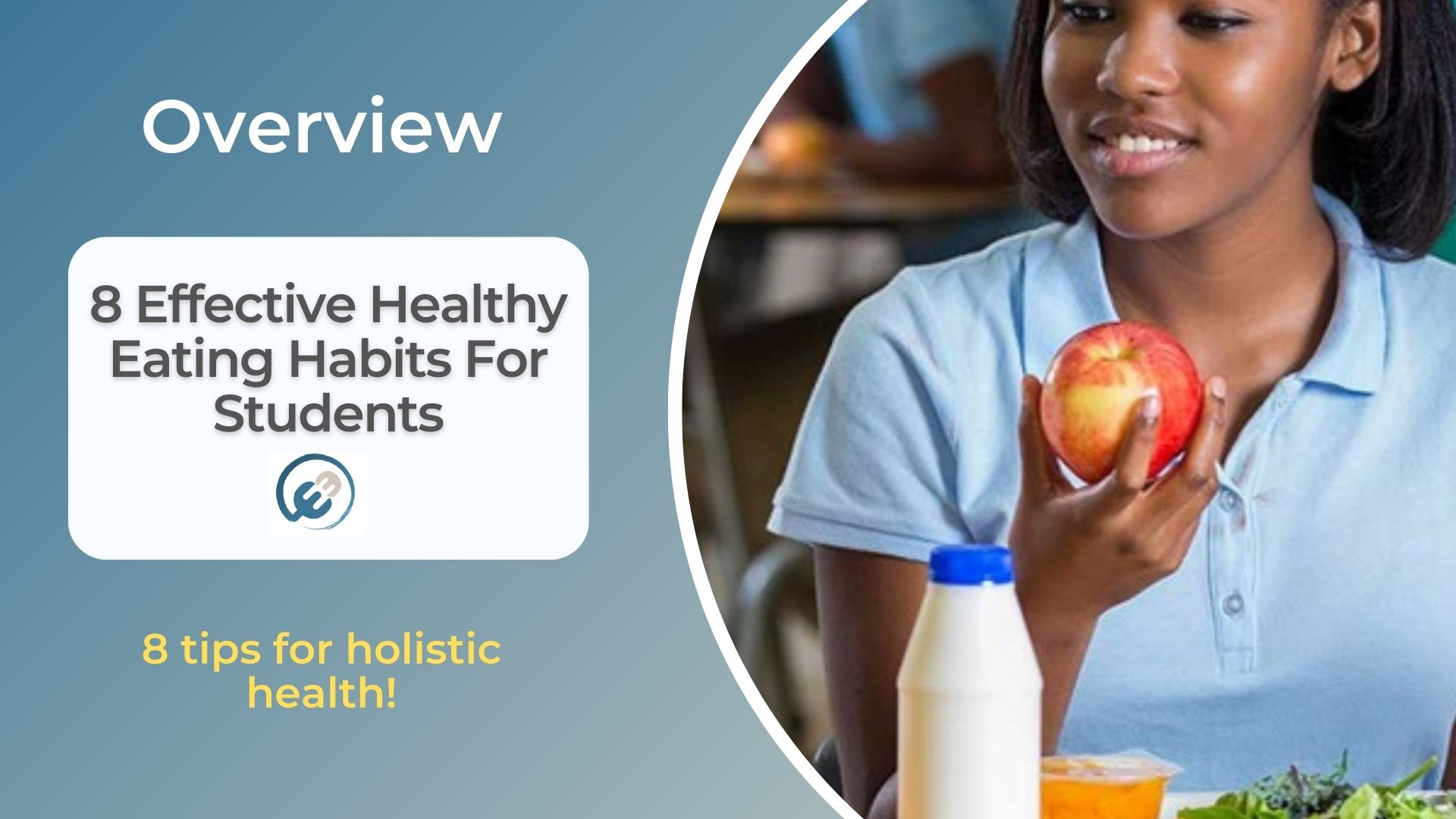As a student, you are probably always looking for ways to improve your productivity and focus. Well, did you know that improving your diet can also help with this?
Eating healthy is not only important for your physical health, but it can also help improve your mood, vitamin levels, energy level, and focus. So, let’s discuss eight effective healthy eating habits for students.
1. Eat breakfast every day

Breakfast is often called the most important meal of the day, and for good reason. Eating breakfast provides your body with energy and nutrients to help you start your day. It also helps you to focus and concentrate better throughout the day.
Plus, if you’re trying to lose weight, eating breakfast can help you to feel fuller longer and eat less throughout the day. And if you’re trying to maintain a healthy weight, it can help you to avoid packing on extra pounds.
2. Avoid eating processed foods
There’s no denying that processed foods are convenient. They’re often cheaper than buying fresh ingredients, and they can be stored for long periods of time.
However, processed foods tend to be high in calories and low in nutrients. This means that they can contribute to weight gain and health problems such as diabetes and heart disease. Plus, many processed foods contain harmful chemicals and additives that can cause digestive issues, headaches, and other problems. So, stay away!
3. Drink plenty of water
Not only does water help your brain function at its best, but it also keeps your energy levels up and helps you stay focused. Drinking water can also help you avoid dehydration, which can lead to headaches and fatigue. And of course, staying hydrated is essential for good health. So next time you reach for a can of soda or a cup of coffee, think about all the benefits of drinking water instead.
This expert dentist in Pasadena also adds that drinking water is beneficial to your teeth as it helps in lowering the acid level in your mouth.
4. Eat plenty of fruits and vegetables
You need to fuel your body with nutritious foods in order to perform your best. That means eating plenty of fruits and vegetables, since they’re packed with vitamins and minerals that your body needs to function properly. They also contain fiber, which helps to keep you feeling full and can help to regulate your digestion. Next time you’re looking for a snack, reach for an apple or a carrot instead of a bag of chips. Your body will thank you!
5. Avoid eating late at night
It’s common knowledge that certain foods are best avoided before bedtime. Spicy dishes can cause indigestion, while sugary snacks can lead to nightmares. Plus, eating late at night can disrupt your sleep cycle and make it difficult to get a good night’s rest.
Why? When you eat, your body has to work to digest the food. This process requires energy and can raise your body temperature, both of which can make it harder to fall asleep.
You should also know that eating late at night can cause weight gain. Since your body is unable to burn off the calories before you go to bed, they are more likely to be stored as fat. So if you’re looking to avoid an early-morning trip to the gym, it’s best to avoid late-night snacking in college (and not only).
Sleep directly impacts eating habits for students in a positive or negative way!
6. Get enough sleep
Most people know that getting a good night’s sleep is important, but few realize just how essential it is for overall health and well-being. Sleep is crucial for physical recovery, cognitive function, and emotional balance. When we sleep, our bodies repair the damage from the day and prepare for the challenges of the next.
Without adequate rest, you might become more susceptible to illness and injury. Your mental productivity might plummet, and you could become irritable and quick to anger. This might not allow you to finish your homework on time, or could even distract you from your tasks. If that happens, you could choose to work with a college paper writing service, since these professionals can take the homework burden off your back for a while.
7. Take a multivitamin every day
Vitamins help to regulate metabolism, support the immune system, and keep bones and muscles healthy. While it is possible to get most of the vitamins the body needs from a balanced diet, many people find it difficult to get all the nutrients they need from food alone. For this reason, multivitamins have become a popular way to supplement the diet and ensure that the body is getting all the nutrients it needs.
There are many different types of multivitamins on the market, so it is important to choose one that is right for your individual needs.
8. Try vegetarian for a week or two
Making the switch to a vegetarian diet can be challenging, but it’s one that comes with a host of benefits.
For one, vegetarianism is much better for the environment. The raising of animals for food requires massive amounts of land, water, and resources, and is a leading cause of deforestation, habitat loss, and water pollution. Vegetarianism is also associated with a lower risk of heart disease, high blood pressure, diabetes, and certain types of cancer. Plus, eating less meat can save you money.
Conclusion – Eating Habits For Students
Eating healthy in college doesn’t have to be difficult. By following these simple tips, you can make sure that you’re getting the nutrients your body needs to perform at its best. So what are you waiting for? Start making some changes today!



